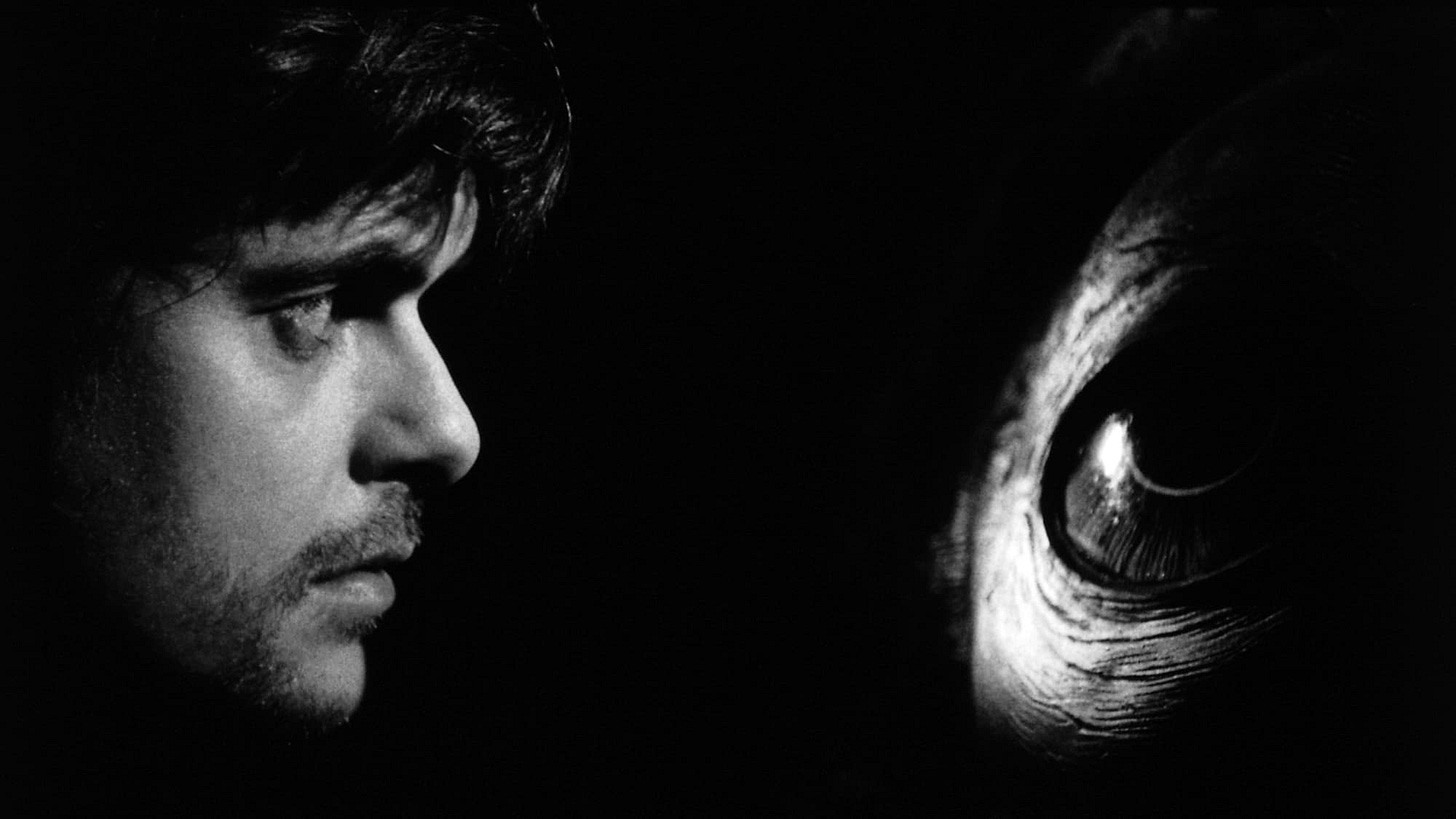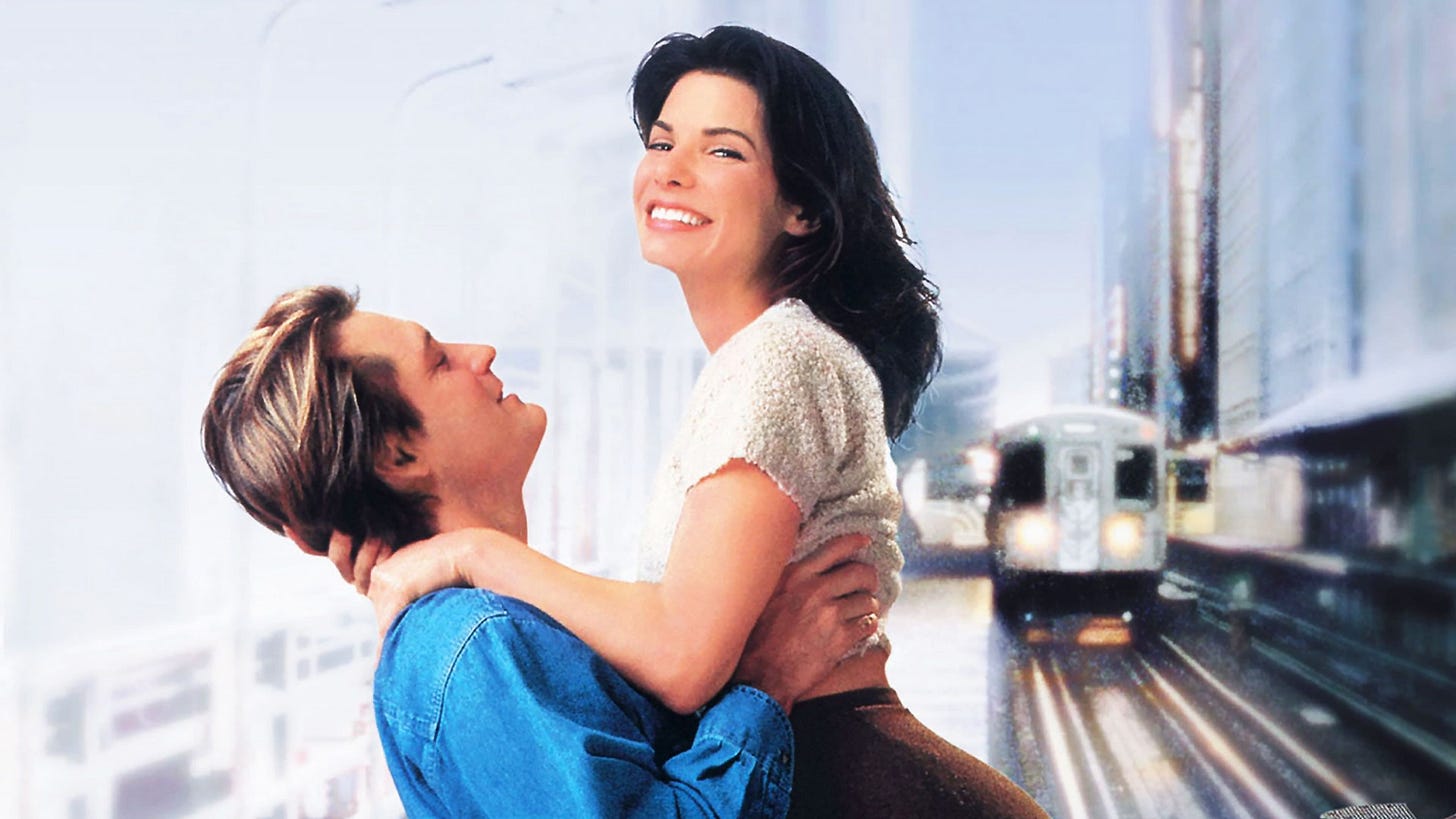Weekly Watches: April 24, 2024
Sharing Our Recent Discoveries: Weekly Watches with 100 Movies Every Catholic Should See
Werckmeister Harmonies (2002)
Directed by Béla Tarr
By
Is there value to be found in cinema with Atheist roots?
As Christians, it is often difficult for us to find art that exhibits the values that we hold firmly to. Whether it be politically, philosophically, or metaphysically, Catholics are challenged frequently to separate the art from the artist. Admittedly, sometimes I am guilty of projecting my own beliefs into a piece where the artist would firmly disagree with my interpretation. This can get tricky, especially when certain filmmakers consistently appear in their own works, like Bela Tarr.
Elusive and mysterious, Werckmeister Harmonies had perhaps remained on my watchlist the longest. After watching it at last, I can confirm that, in a good way, the film is still as enigmatic and alluring as it was when I first heard about it 8 years ago.
The title "Werckmeister Harmonies" is a play on music theory, referencing a concept advanced by Andreas Werckmeister where musical counterpoint is tied to the order of the planets, the universe, and ultimately the difference between Holy order and chaos. Having no idea of this going into the film, learning it as I watched only added more to this complex web.
This was my introduction to Bela Tarr's cinema, notorious for its slow burn nature and contemplative pacing, similar to that of Tarkovsky's. While I believe Tarkovsky's style is a little more upfront with its religious intent (which I value incredibly), Tarr's feels slower and more ambiguous. Tarr has described he enjoys Andrei Rublev, but is a self proclaimed atheist. Whereas Andrei Rublev is about a spiritual evolution and journey, Werckmeister Harmonies presents more of a political journey. The film’s focus on the effect populism can have and outsider influence tearing apart communities is evident throughout, but the it calls for more. It calls to make sense of it all. It calls for decency, but knows not what to base decency on. It begs why man conducts itself in such a manner, and why the world may be cruel seemingly at will. All of this plays into a more important thing conveyed in the film; the setting.
When we say the setting, it's more than just a small Hungarian town. It's a post Christianity Europe. With its continued decline in Europe, the continent finds itself in an identity crisis. Werckmeister Harmonies gives us a look into this world and its universally accepted bleakness. Without identity, there are no answers, there is no reason, and there is no comfort. The cold and beautiful cinematography of this film shows this despondency in a crystal clear and terrifying manner. Humanity needs ethos, especially now more than ever. Whatever ethos it may be, it is for each of us as the individual to decide what.
Despite Tarr’s insistence on his atheism and his intently nihilistic view on reality, it is sobering as a Catholic to see the other side of the fence’s perception of reality: cold, bleak, and filled with mindless chaos. It is nothing but the fleeting attempts of man to govern himself and fall victim to his own fallen state. Without Him, there is no point to anything, and one cannot help but succumb to such mindless chaos.
I applaud Tarr for stirring up such reflections with a provocative piece of art, and doing it so well. Ultimately there is value to be found in art with different worldviews, as long as it is not morally reprehensible as others may be (I’m looking at you Paisolini). This is a film I will continue to reflect on, and I highly recommend this to anyone who is comfortable with a slower burn style of cinema.
You Were Never Really Here (2017)
Directed by Lynne Ramsay, starring Joaquin Phoenix
By
If any of our readers out there have, like this reviewer, grown tired of the cinematic vigilante craze where a lone anti-hero (usually a hitman of sorts) guns down baddie after baddie with little to no consequences (looking at you, John Wick), then watch director Lynne Ramsay’s contemplative drama You Were Never Really Here, a movie that dares to reflect on the impact the hitman’s career has on his soul. This medicinal film discards the rock-em-sock-em formula typical of hitman genre fare in favor of a quiet reflection, ironically giving more weight to the violence when it does occur, both for the audience and the tormented protagonist. Ramsay does something interesting with the editing, framing Joaquin Phoenix in one shot, only to cut away and show the same location but empty. This editing trick is commonly done in spy films like the Bourne franchise to suggest quick getaways, but here, it becomes a visual representation of Phoenix’ feelings about his own existence. He is an anonymous hitman, a former veteran turned gunman for hire, traumatized by the violence he has seen, wondering if he has ever had a positive impact on the world, and if the world really needs him around anymore.
This quiet character drama picks up when he is tasked with finding a missing girl, and provides an unexpected opportunity for the hitman’s spiritual renewal (and an unexpected predecessor to Sound of Freedom, as he becomes tasked with saving a child from trafficking). Instead of the tired plot device of “one last job and I’m free to retire,” this becomes the hitman’s one last job in order to save his soul. In the quiet moments he spends with the rescued girl, whom he must continue to protect from her pursuers, his impact is finally life-giving instead of life-taking. Ramsay’s incredible use of subtlety conveys Phoenix’s interior journey with minimal dialogue, opting instead for visual symbolism and motifs that artistically chart the soul’s path to renewal. My favorite scene happens late in the film where a lake becomes both a burial site and a baptismal renewal of life. Ramsay and Phoenix together make powerful use of the medium with almost purely visual storytelling, and save the vigilante genre from complete nihilism with this underrated and life-affirming antidote.
Yojimbo (1961)
Directed by Akira Kurosawa, starring Toshirō Mifune
By
Yojimbo represents my long overdue introduction to Akira Kurosawa’s legendary filmography. Recently I’ve been enjoying tracing familiar genres and cinematic tropes to their early origins and Yojimbo’s influence on the history of film cannot be overstated. Serving as inspiration for the spaghetti westerns of the 1960s, with contemporary references in the Mad Max and John Wick franchises, Yojimbo did much to cement the archetypical wandering stoic male protagonist in the collective cinematic imagination.
Unexpectedly fun surprises in this film included a quirky score with heavy jazz undertones and a plethora of dark humor. Characters scuttled about like marionettes under the steely stoic gaze of our samurai protagonist. While offering plenty of entertainment over the first two acts, the film really drew me in when our nameless samurai took a moral stance, sacrificing his cool detachment to stick out his neck and defend the vulnerable. Transcending two-dimensional action tropes gave this film far greater meaning. Kursowa’s masterful direction wove a plethora of fascinating archetypes through a tight script, accentuated by stark, impactful cinematography. There is a certain familiarity to the narrative structure, a tribute to Kursowa’s immense influence on many proceeding films. Yojimbo is straightforward but well executed, highly rewatchable and surprisingly humorous.
While You Were Sleeping (1995)
Directed by Jon Turteltaub, starring Sandra Bullock and Bill Pullman
By Josh Forbes
I’d like to start off by saying that I am not a huge fan of rom-coms. However, maybe I’ve only ever been exposed to bad ones before because this weekend, some friends had me watch While You Were Sleeping, a 1995 flick starring a younger Sandra Bullock than we are used to seeing these days, being only 30 years old at the film’s premiere. Bullock plays Lucy, a lonely Chicago transport worker who falls in love with a man who travels through her train stop every day, despite never speaking to him. In a twist of fate, she ends up saving his life, but he ends up going into a coma and through a series of misunderstandings, she must pretend that she is his fiancée and develops a relationship with his family. Now when my friends told me that this was the plot, I almost insisted we turn on another movie because of how ridiculous it sounds, but I stuck with it and found myself thoroughly enjoying it for three reasons: a simple and captivating plot, a level of humor only apparently achievable in the 90’s, and charming performances by Sandra Bullock and Bill Bullman.
Have you ever seen a video of a car accident before? It's a horrifying tragedy that you don’t want to be seeing, and yet you can’t peel your eyes away from the video because you think, “Surely it can’t get worse than this, right?” The plot of While You Were Sleeping creates a very similar effect, except replace “worse” with “ridiculous.” The hijinks kept escalating and problems led to bigger problems, which led to bigger lies; the snowball effect was captured perfectly and I was captivated. Part of that, of course, could be the humor presented in the movie, largely centered around the Callahans, who are the family whom Lucy accidentally infiltrates, and Joe Jr, the sleazy romantic rival who ultimately has a good heart. The Callahans are a typical quirky family, with each member bringing their own strong personality to the table and interacting in a way that makes the watcher feel like they are a part of the family (a special shout-out to Glynis Johns of Mary Poppins fame who plays a particularly comical grandmother. Joe Jr. on the other hand, is just trying to get Lucy to date him despite being a low life liar. His character caused me to create a kind of horseshoe-theory, where I hold that at some point if you make a character so laughably unlikeable, they become likable. Lastly, despite the plot falling into a rather cut and paste formula that is typical of rom-coms, Bullock and Pullman deserve special praise for their on screen chemistry, which if I’m being honest is the real reason people love the genre. Without going into much detail, they both played their characters with such a sense of longing and yearning for something more, the ending resulted in a deeply satisfying hit in the feels. Overall, While You Were Sleeping is a very solid rom-com that I would recommend highly for date night and my wife would recommend 100% for girls night.














The opening question of the Werckmeister Harmonies write-up instantly brought to my mind the film The Gospel According to Matthew. Even though that film, obviously, has Christian roots, it was directed by a Marxist atheist named Pier Paolo Pasolini. I bring that up because the author rightly gives a (quick) rebuke to that director for his objectionable movies. I have only heard about them and thankfully never saw them for myself. However, I did see his Gospel film and it is an exception, considered by believers and non-believers alike to be one of the best movies about Jesus ever made. It also made the Vatican's list of 45 important films. So, don't overlook it.